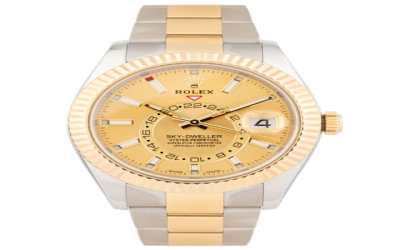The conversation around sustainable practices has gained momentum in recent years, particularly in urban areas like New York. One of the focal points of this discussion is the use of beverage containers. With the city’s bustling lifestyle and vast consumption rates, the demand for innovative solutions to manage beverage container usage in New York has never been more critical.
The Current Landscape of Beverage Containers in New York
New York, renowned for its vibrant culture and dynamic economy, is also a significant consumer of beverages, resulting in a substantial volume of containers. If not managed properly, these containers contribute to environmental pollution, straining the city’s waste management systems. This situation necessitates innovative solutions to address both the environmental impact and the efficiency of recycling processes.
Challenges of Beverage Container Usage
- Environmental Impact: Beverage containers, often made from plastic and glass, can take hundreds of years to decompose, leading to long-term environmental degradation.
- Recycling Inefficiencies: Despite recycling programs, many containers remain in landfills due to inadequate sorting and processing systems.
- Consumer Behaviour: Public awareness and participation in recycling efforts are inconsistent, which undermines the effectiveness of existing waste management strategies.
Innovative Solutions to Revolutionise Usage
Addressing these challenges requires a multi-faceted approach that combines technology, policy, and consumer engagement.
Enhanced Recycling Technologies
- Automated Sorting Systems: Implementing advanced sorting technologies in recycling facilities can significantly improve the efficiency of separating different types of beverage containers, thus enhancing the recycling rate.
- Smart Bins: Smart bins equipped with sensors can help users dispose of containers properly by guiding them through the process of sorting their waste.
Policy and Legislation
- Container Deposit Schemes: Implementing a deposit return system incentivizes consumers to return their containers, ensuring higher recycling rates. This strategy has proven effective in various regions around the world.
- Stringent Regulations: Enforcing stricter regulations on the materials used in beverage containers can encourage manufacturers to use more sustainable alternatives, such as biodegradable or reusable materials.
Consumer Engagement and Education
- Awareness Campaigns: Engaging the public through educational campaigns about the importance of recycling and the impact of beverage containers on the environment can foster a culture of sustainability.
- Incentive Programmes: Offering rewards or discounts to consumers who actively recycle can motivate more individuals to engage in sustainable practices.
Revolutionizing beverage container usage in New York is not just an environmental imperative but a societal necessity. New York can set a precedent in sustainable urban living by integrating advanced technologies, implementing effective policies, and fostering public engagement. The path forward requires collaboration among government bodies, industries, and the public to create a cohesive and effective strategy.
For businesses like Feldman Industries, Inc., these solutions present an opportunity to lead the charge in sustainable practices, ensuring that beverage container usage in New York aligns with the city’s environmental goals. By adopting these strategies, New York can transform its approach to beverage containers, setting an example for cities worldwide.


